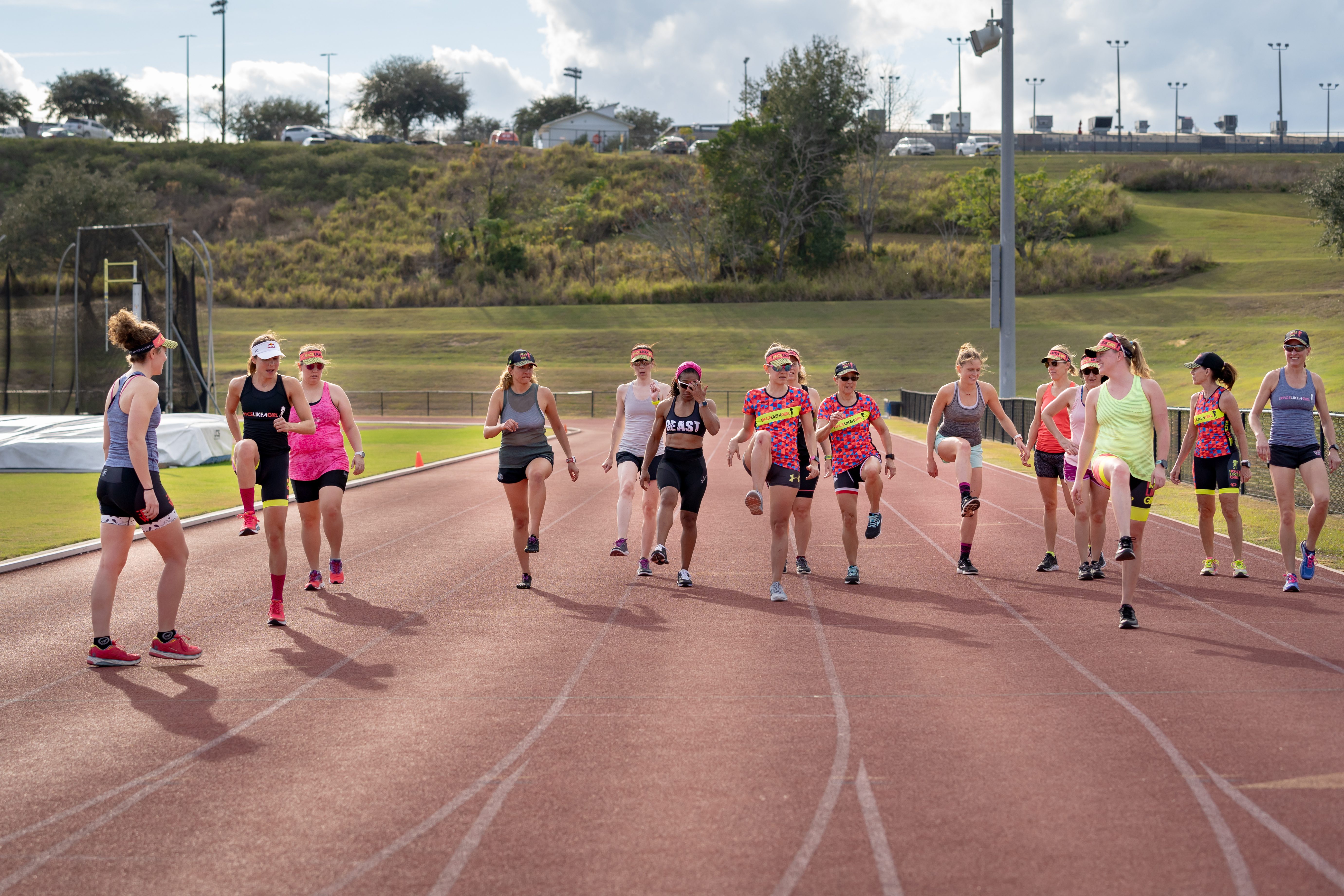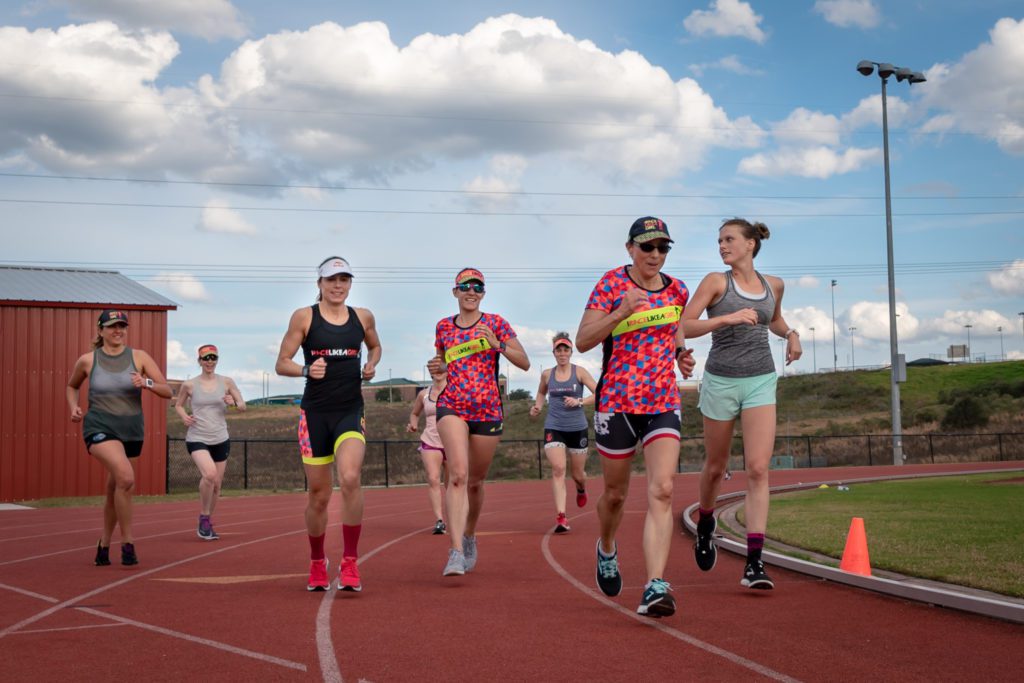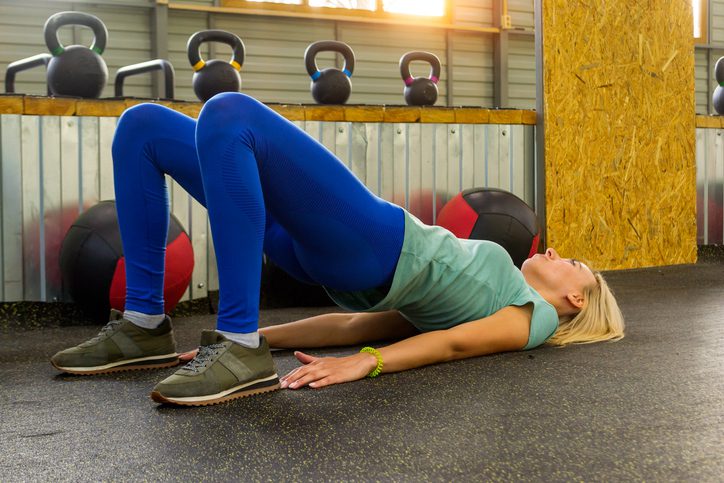How to train yourself to run faster off the bike
Six tips to become a faster runner off the bike

One of the biggest hurdles for any triathlete is having a solid run performance. Many variables come into play – nutrition, pacing and training. The run portion of a triathlon is the last leg and is vital to having a strong performance. Here are six tips on how to become a faster runner off the bike:
1) Bricks: Running off the bike in training can help you develop efficiency. Short 20-minute bouts done weekly can work wonders. These runs don’t have to be long or fast. Add these to your weekly training one to two times a week.

Related: 5 workouts to help you run a faster 5K
2) Consistency trumps all: Small runs add up. A 20-30-minute run can add some mileage to your legs without beating you up. It’s the additive run mileage that can help you in the latter stages of a race. Resiliency is key.
3) Work the hips: Having great hip mobility and glute strength is vital for injury prevention and running. Before runs, incorporate some hip bridges, one-leg squats, single-leg deadlifts and side lunges. Post-run, stretch out the hip flexors to keep mobility.
Related: Activation drills for triathletes
4) Speed off the bike: Closer to racing (4-5 weeks out), have at least one brick run where you start your first kilometre or two off the bike at race pace and then settle back down to aerobic speed. These little bouts can help get the body adapted to the quick cadence and speed needed in a race.
5) Pace the bike: The key to any triathlon is not to race the bike. Find a pace you can sustain with consistent power (i.e. keep power relatively similar on undulating terrain). Too many spikes in a race can have detrimental effects in the run.

Related: How to move up to the Ironman distance
6) Nutrition is key: Use the bike portion of the race to set you up for the run. Hydration and sufficient carbohydrates are essential. Practice in training.

